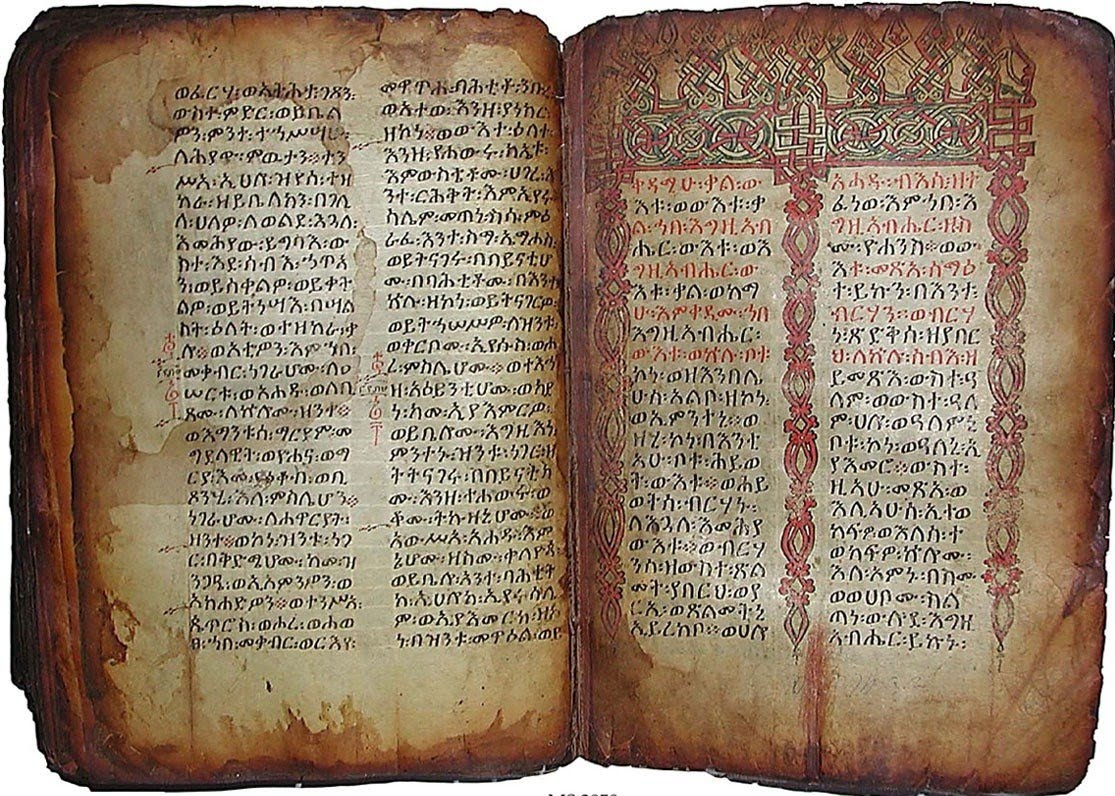Introduction
Código AF02-E0002-I
VIEW:440 DATA:2020-03-20

I have based this book on Michael A. Knibb's scholarly translation of the Ethiopian manuscripts, (The Ethiopic Book of Enoch, Oxford University Press), which I believe to be the best translation currently available.
I first heard about the Book of Enoch a few years ago, while I was researching into End of Days prophesies. When I finally managed to get hold of a copy, I discovered that it was a very strange and unusual book.
The first time I read it I was skeptical and somewhat puzzled; I wondered who would have written an odd book like this.
I knew that Enoch, (Hanokh in Hebrew), was very favourably mentioned in Genesis, and I discovered that Enochs book describes the Exodus and Moses very favourably (although not by name).
So my first theory was that it might have been written around the same time as the Torah, perhaps around 1400 BC. However, after several readings I could find no plausible theories. The prophecy of the animals is extremely precisely written and obviously refers to events well after Moses (see my notes on that chapter). Additionally; who would have dared to produce a book with people such as Moses described in terms of farm animals? Michael Knibb, whose translation I have used to produce this book, studied all available manuscripts and sources, and it is clear that this book was well known and studied in many countries well before the time of Jesus. The earliest known surviving fragments and quotations in various languages show that this is the same book, and that the Ethiopians have preserved it well.
In the end I was convinced that the book is really Enochs true account of otherwise forgotten events that occurred in early times; events that we have no other surviving records of.
Enoch left us a book that describes people of an advanced culture; blondhaired people that Enochs people considered to be Angels of God, and it was written on the angels instruction.
The standard academic view seems to be that some slightly demented religious fanatic wrote the book - not long before the earliest provable fragments, (200 or 300BC). I think it is impossible to support this view. Such an author would have to be able to write the entire book from the point of view of a person who knows nothing of countries with names, or religions with names. Then he goes on to describe the Angels as blond men, who ran away from Heaven in order to be promiscuous with women. I dont believe this is the sort of world view that would have been well received or widely accepted anywhere in 200 BC. This plus the all too accurate prophecies are probably the reasons why it was lost by the religions that used to regard it as holy.
I concluded that the book is probably what it appears to be; well preserved, ancient and genuine. Enoch was the great-grandfather of Noah, and father of Methuselah, and his book gives a unique view of the world before the flood; which recent research suggests may have occurred as long ago as 17,000 BC.


BUSCADAVERDADE
Visite o nosso canal youtube.com/buscadaverdade e se INSCREVA agora mesmo! Lá temos uma diversidade de temas interessantes sobre: Saúde, Receitas Saudáveis, Benefícios dos Alimentos, Benefícios das Vitaminas e Sais Minerais... Dê uma olhadinha, você vai gostar! E não se esqueça, dê o seu like e se INSCREVA! Clique abaixo e vá direto ao canal!
Saiba Mais
-
 Nutrição
Nutrição
Vegetarianismo e a Vitamina B12 -
 Receita
Receita
Como preparar a Proteína Vegetal Texturizada -
 Arqueologia
Arqueologia
Livro de Enoque é um livro profético?
Tags
tag

